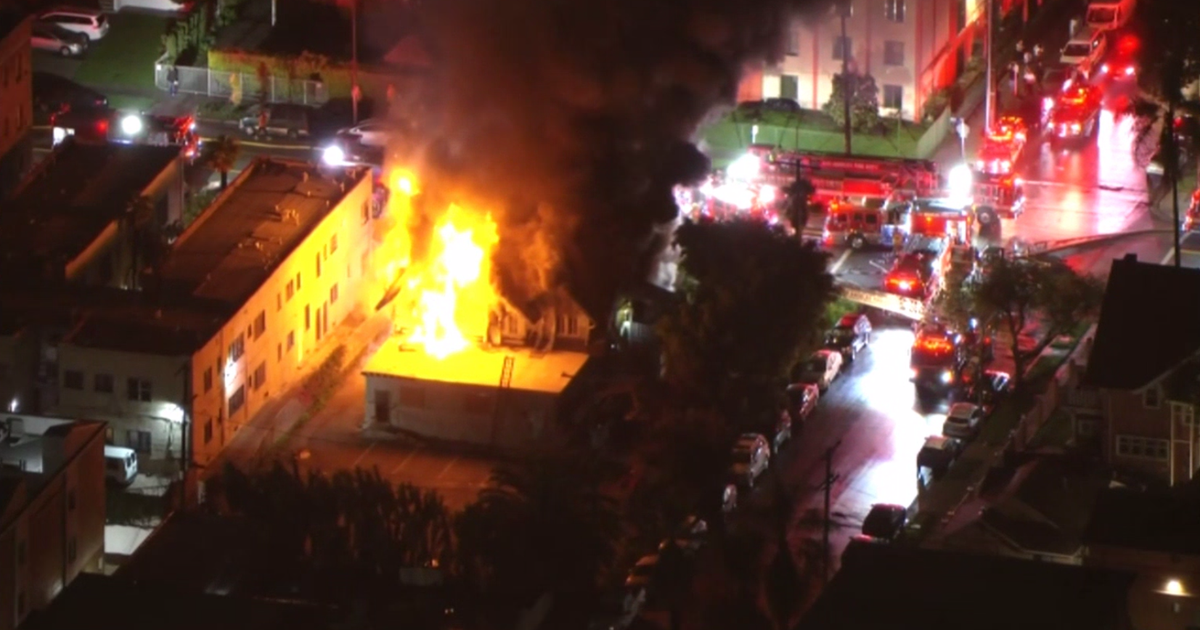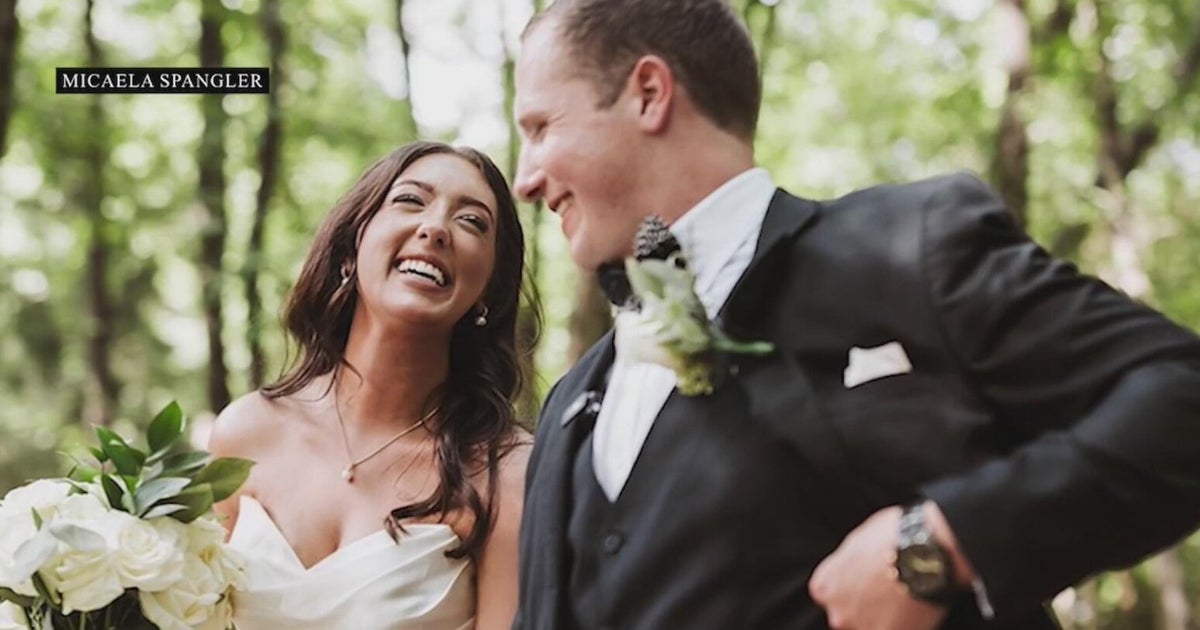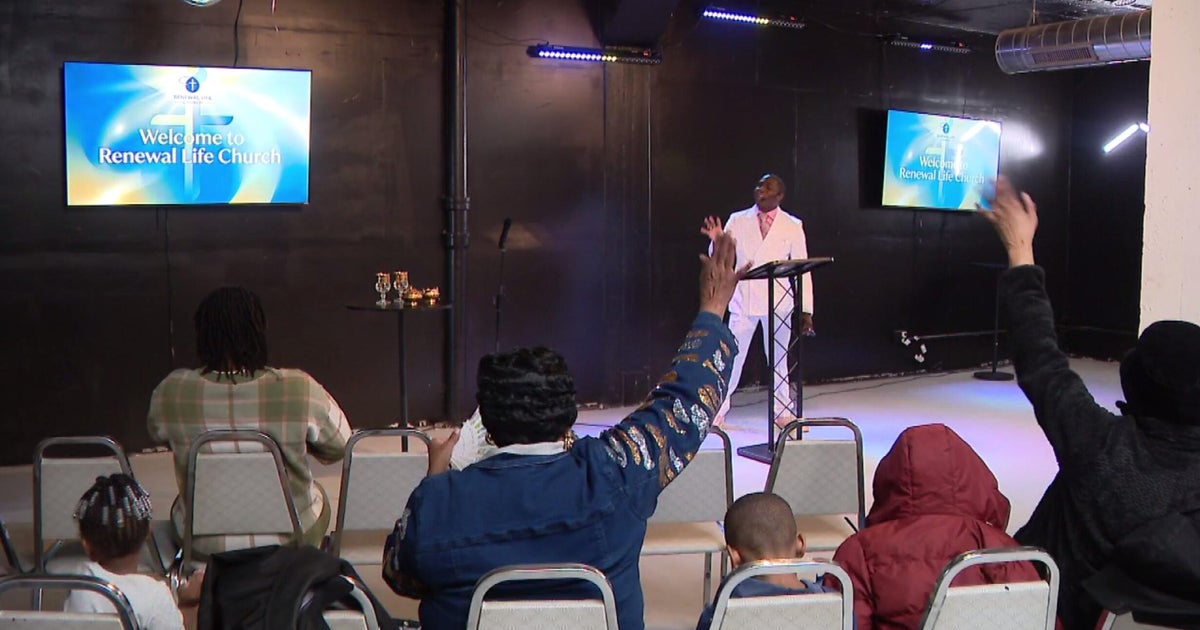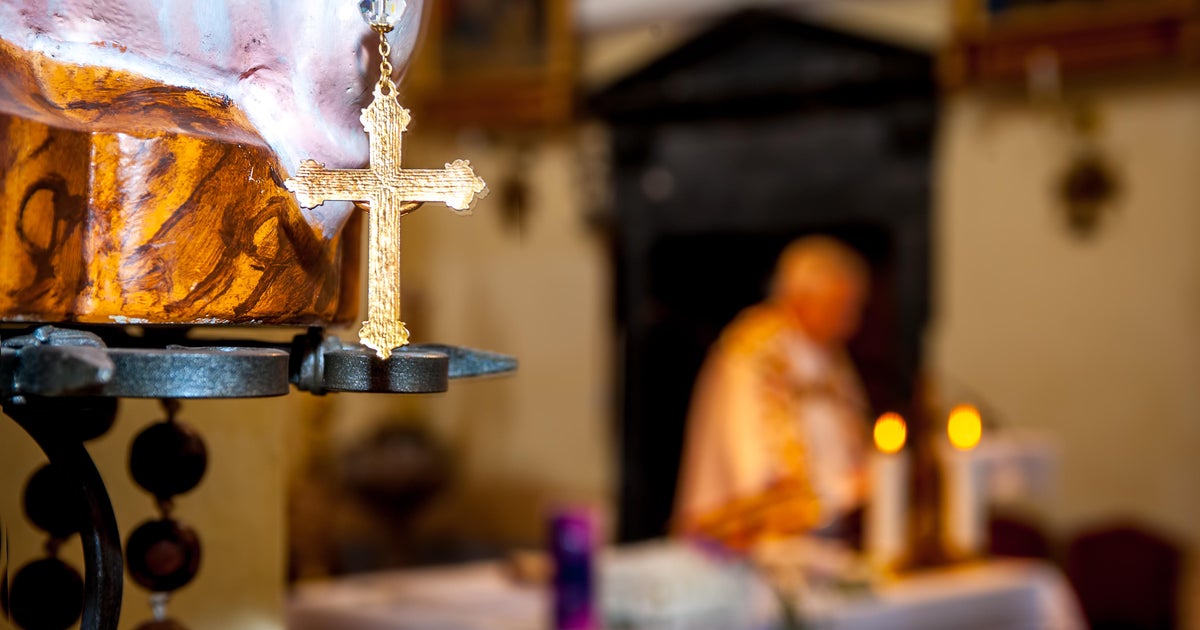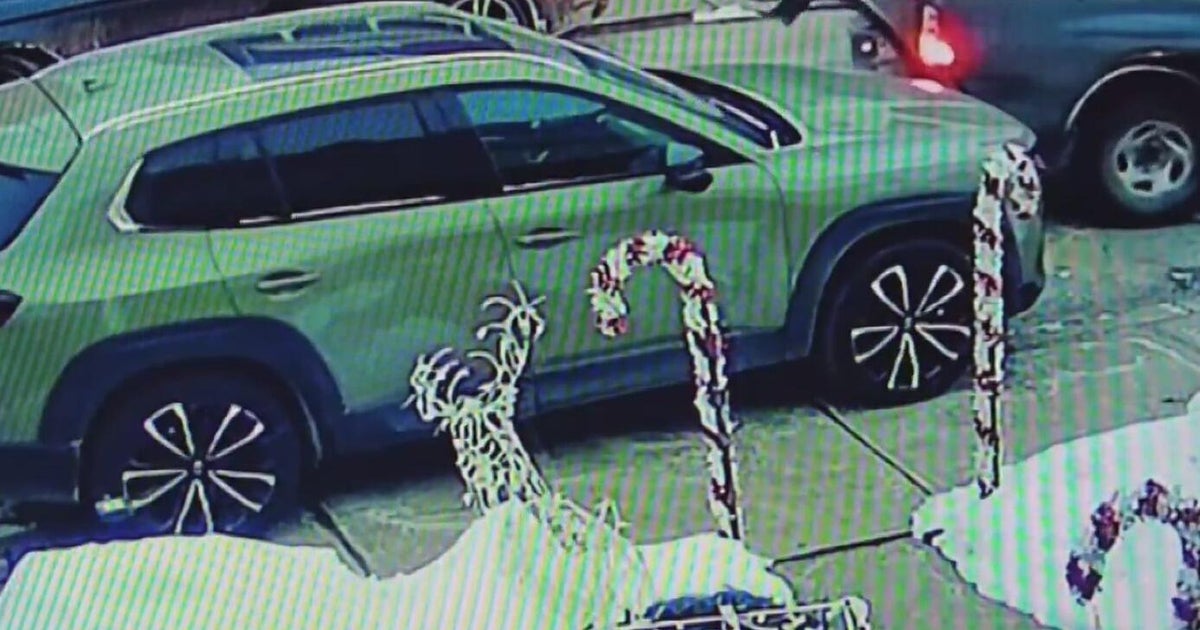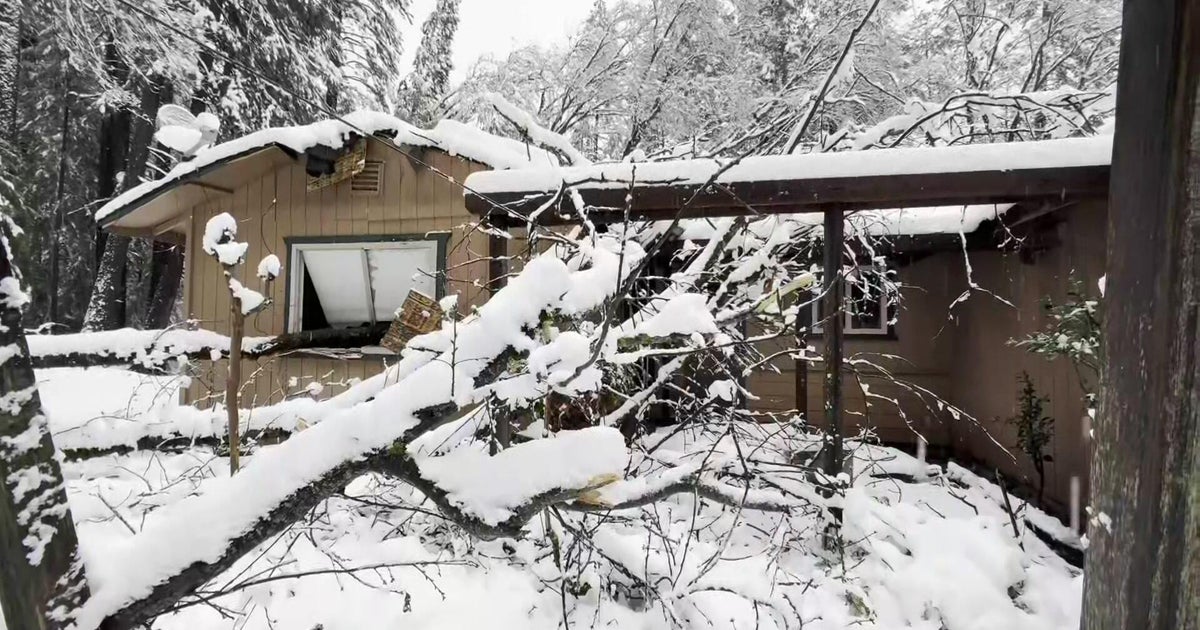Residents of Chicago's Little Village: Settlement checks for botched smokestack implosion were also botched
CHICAGO (CBS) -- Many residents of the Little Village neighborhood were supposed to get settlement checks from a lawsuit over a botched coal power plant smokestack demolition—but it isn't going as planned.
So, the residents reached out to CBS News Chicago for help.
The smokestack at the shuttered Crawford power plant at 35th and Pulaski was imploded on April 11, 2020—at the early height of the COVID-19 pandemic. The surrounding neighborhood was left coated in a massive cloud of dust and debris.
"It was like a dust storm came through here. It was crazy," said Michael Rice. "All the cars had soot all over them."
Little Village residents were forced to breathe the plumes of smoke that traveled through the neighborhood.
"There was dust and dust and dust," Rice said.
More than four years later, some in the neighborhood—like Rice's wife—said their health has suffered.
"She was bleeding from the nose and the mouth, and at this point today, she's afraid to blow her nose," Rice said. "She's afraid blood is going to come out."
Rice and his wife fought back in court.
In January, Hilco—the company that commissioned the demolition—agreed to a $12.25 million settlement agreement to Little Village residents impacted as part of a class action lawsuit. Rice signed up to be part of the settlement.
"I got forms in the mail that were filled out by my wife, me, and my daughter," said Rice. "June comes by, and I get three checks in the mail."
The problem is Rice could not cash the checks.
"They're not even in our name," he said.
One of the checks is written out to someone named Valerie Riendeau.
"That person doesn't even reside in Little Village," Rice said. "I resealed it, sent it all back—and I haven't heard nothing."
Rice is not alone. Juana Espinoza, a neighbor and relative of Rice's, also got three checks. None of the people whose names were on the checks live in her home, where she has been for 22 years.
What's more, Espinoza did not even sign up to be part of the settlement.
Espinoza threw the checks away. Meanwhile, Rice went straight to Hilco.
"I called the company, and they just shrugged me off and told me: 'Well, it's a Post Office problem. The money has been allotted,'" he said. "How did you get my address, then? How did you know to send it to my house?"
The money was not a lot, said Rice.
"What $383?" he said. "It still doesn't add to everything we had to deal with the day of."
But to Rice, it had seemed like the victory in court against Hilco at least validated what they went through. He's not so sure anymore.
"They're saying that they're paying it, but they're really not," he said. "Somebody should be held responsible for doing all that."
A spokesperson for Hilco/HRP Group provided a statement, saying in part, "The settlement process is handled by a third-party claims administrator that was selected by the plaintiffs and approved by the Court. Our company has no role in the claims administration process."
An attorney with Loevy & Loevy, the law firm leading the lawsuit, also says a settlement administrator—not Hilco or the law firm—issues the checks.
The attorney said the problems with the checks could be an administrative error or a possible scam, and they have asked people not to deposit checks that are not addressed to them.
It is possible that those with incorrect checks could get new ones if they have submitted a claim and have been deemed eligible, the attorney said.
Those with concerns should contact the settlement administrator at 877-272-4962 or by email at info@littlevillagesmokestack.com. An informational website has also been set up.

